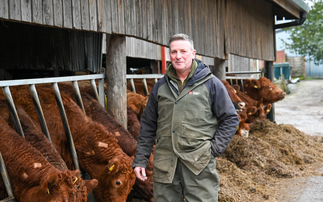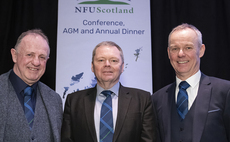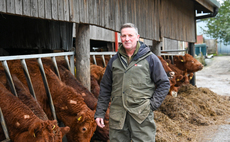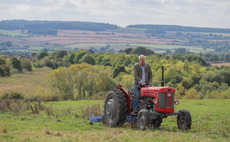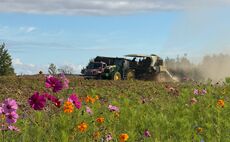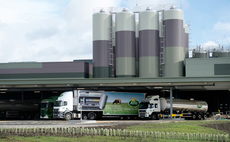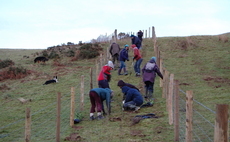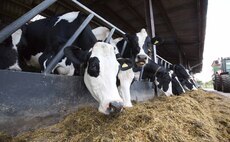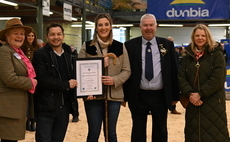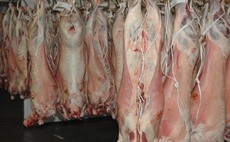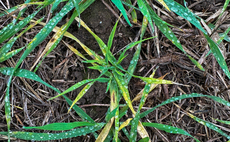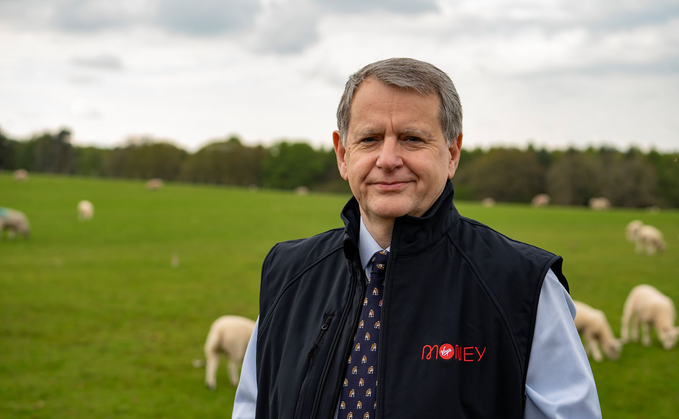
Michael Gove was the Secretary of State at Defra, and he endorsed the goal, looking forward at the same conference to a ‘revolution' across the farming sector that would help achieve it.
It was good to see that clarity of ambition in what was then the new post-Brexit world for the UK, and a real vision the sector could get behind.
Less than six months later, Michael Gove had moved on to pastures new and his revolution, put across with his normal zealous intensity, seemed to disappear with him.
The industry focus the net zero 2040 target gave us has also largely stalled.
New post-Brexit policy from Defra has taken time to evolve, and some of the lofty vision around that new policy and what it could achieve has been watered down in relation to carbon reduction and some of the environmental measures to support that agenda.
Of course, Covid-19 happened during this time and the good news is, that created some renewed focus on food continuing to be at the heart of farming outputs.
There needed to be a better balance between those wider ambitions on environment and net zero to avoid us simply losing our production capacity and importing more food potentially produced in a less environmentally sustainable way.
While some sectors such as dairy have pushed on with the net zero agenda, time has been lost but the need to reduce emissions has not gone away.
It is important for our farming industry not to lose sight of these goals and have to make up for lost time in a less considered way later on. Our recent farm survey indicated that 50 per cent of farmers have undertaken a carbon audit, which was unchanged on the year before.
Audit
Feedback from those who have carried out an audit highlight many benefits, not least of which is the education the audit provides on what is happening on their own farm, and the levers that can be used to reduce carbon.
Hopefully these audits have also identified areas that can improve productivity and efficiency, both by looking at all inputs closely and also using the Carbon Audit database to benchmark an individual farm's performance against other farms on the database - a real win win for an audited farming business.
There is undoubtedly still work to do in refining the carbon audit tools being used, but given the timescales, it is vital for all farming businesses to consider their carbon and embark on their own journey to carbon net zero.
Controversy
The recent Red Tractor controversy shows the challenge around the subject, so why wait to be told what to do?
The sooner you start your journey, the sooner you will understand what is involved and recognise the opportunities it will almost certainly present to your business.
A carbon audit with a good independent consultancy gives you the information to make your own decisions, plan your own journey and set your own priorities for your business.
Something perhaps to put on your New Year's resolution list for 2024?








